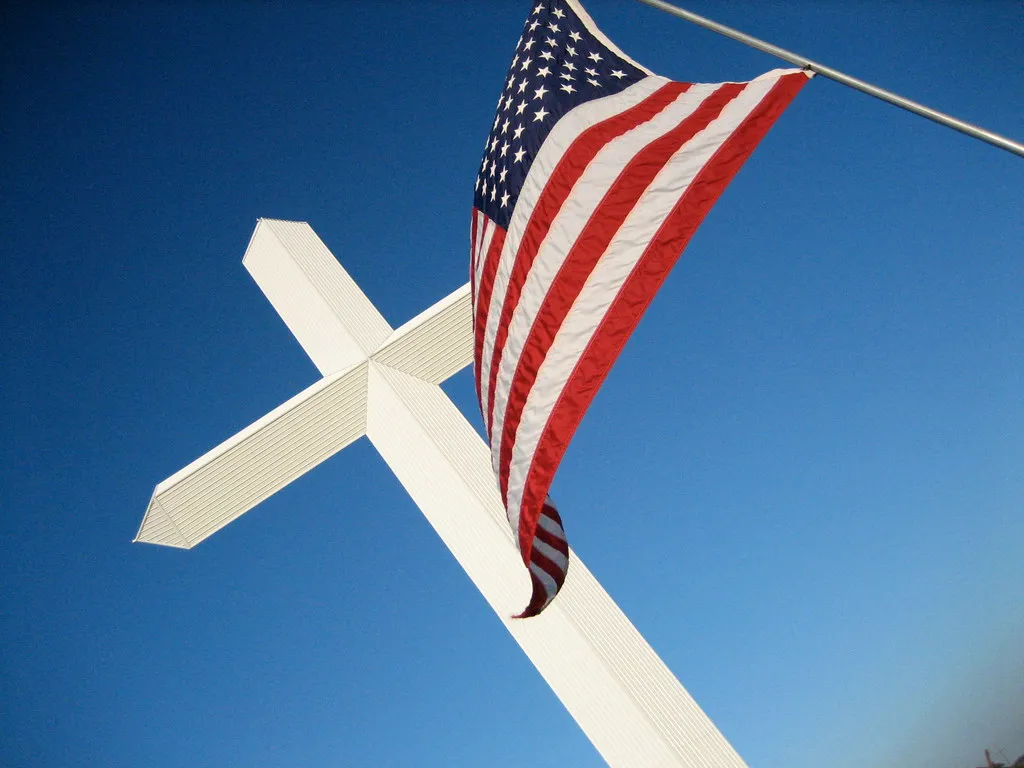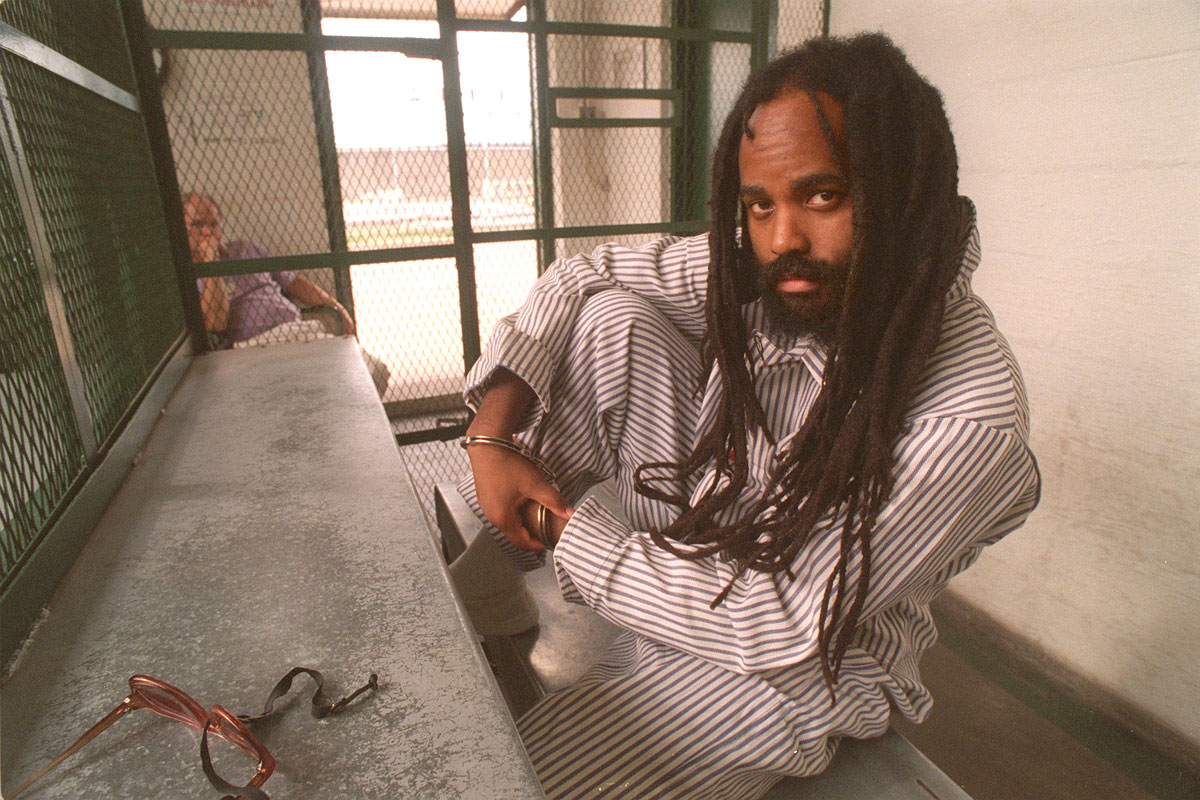
For those committed to the struggle for Palestinian liberation, today is Nakba Day, the commemoration of the violent settler-colonial catastrophe brought upon the people of Palestine in 1948. This is an excerpt from a long article written last month by Rashid Khalidi, the author of The Hundred Years War on Palestine.
For people everywhere, myself included, the awful images that have come out of Gaza and Israel since 7 October 2023 have been inescapable. This war hangs over us like a motionless black cloud that gets darker and more ominous with the passage of endless weeks of horror unspooling before our eyes. Having friends and family there makes this much harder to bear for many of us living far away.
Some have argued that these events represent a rupture, an upheaval, that this was “Israel’s 9/11” or that it is a new Nakba, an unprecedented genocide. Certainly, the scale of these events, the almost real-time footage of atrocities and unbearable devastation – much of it captured on phones and spread on social media – and the intensity of the global response, are unprecedented. We do seem to be in a new phase, where the execrable “Oslo process” is dead and buried, where occupation, colonisation and violence are intensifying, where international law is trampled on, and where long-fixed tectonic plates are slowly moving.
But while much has changed in the past six months, the horrors we witness can only be truly comprehended as a cataclysmic new phase in a war that has been going on for several generations. This is the thesis of my book The Hundred Years’ War on Palestine: that events in Palestine since 1917 resulted from a multi-stage war waged on the indigenous Palestinian population by great power patrons of the Zionist movement – a movement that was both settler colonialist and nationalist, and which aimed to replace the Palestinian people in their ancestral homeland. These powers later allied with the Israeli nation-state that grew out of that movement. Throughout this long war, the Palestinians have fiercely resisted the usurpation of their country. This framework is indispensable in explaining not only the history of the past century and more, but also the brutality that we have witnessed since 7 October.
Continue reading “Nakba”










